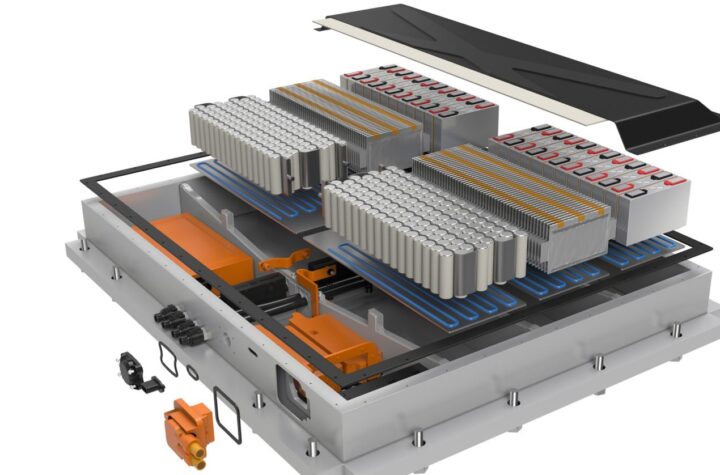
ABB’s Automation Products Division is the world’s largest manufacturer of electric motors and drives. One of ABB’s innovations is its direct torque control, or DTC, which is an optimized AC drive control principle where inverter switching directly controls the flux and torque of the electric motor. Unlike DTC, other control methods typically use a modulator to create a switching pattern based on signals from motor control, which causes delays.
“The measured motor current and voltage are inputs to an adaptive motor model which produces an exact actual value of flux and torque every 25 microseconds†says ABB.
Automotive Industries spoke to Pekka Tiitinen, Group Vice President and Head of ABB’s Business Unit Low Voltage Drives.
AI: Tell us about how your DTC advanced motor control platform enables a faster development cycle and time-to-market.
Tiitinen: With DTC the limits of AC motor control has been reached. These limits are now determined by the motor parameters themselves. To get faster control out of a complete variable speed drive, one must design motors with smaller rotor time constants and small inertias. But the DTC control in the frequency converter is no limiting factor, which has two major implications for product development. Firstly, we have shifted the focus in R&D from motor control schemes to other aspects of the drive system, including cooling, mechanical design, user interfaces, etc. Secondly, the fact that the inner control loops are so fast makes the design of the out control loops a little easier.
AI: What are the advantages of DTC-based products, and what kind of flexibility does it allow across a range of applications?
Tiitinen: Besides having a very fast inner torque control loop, another advantage of DTC is the high starting torque at very low speeds, including zero speed. Further, we have developed the DTC control over the years and have created solutions not only for asynchronous motors, but also for synchronous motors, including permanent magnet motors.
AI: What are some of the innovations in ABB’s advanced test and measurement solutions?
Tiitinen: I would like to highlight the new test bench application solution. The intelligence built into the drive improves response times, increases the number of control options and enables smooth transition from speed control to torque control and vice versa. Those features are appreciated by our test bench customers.
AI: What are ABB Drive’s automotive OEM capabilities?
Tiitinen: Starting from our position as technology leader in the drives market, we have steadily increased our market share and are now the market leader. We have more resources available to help our customers. We have been able to build up our expertise and know-how of many applications. We make this expertise available to our OEM customers. We have four AC drives factories worldwide where we make identical products on identical product lines to the same quality standards. This factory base, together with the qualified personnel in all the sales offices, means that we can also effectively serve OEM customers who are exporting their equipment.
AI: What are ABB Drive’s future objectives?
Tiitinen: We continue to invest in the development of drives. Focus has shifted from developing control methods to other aspects of the design of drives. Drives are becoming smaller, smarter and easier to use, and the market where our drives can be used continues expanding. Many of the innovations that are put to our new machinery drives are being incorporated in our higher power drives. That means good news to our customers in the business of advanced test systems for the automotive industry.












More Stories
DuPont materials science advances next generation of EV batteries at The Battery Show
How a Truck Driver Can Avoid Mistakes That Lead to Truck Accidents
Car Crash Types Explained: From Rear-End to Head-On Collisions